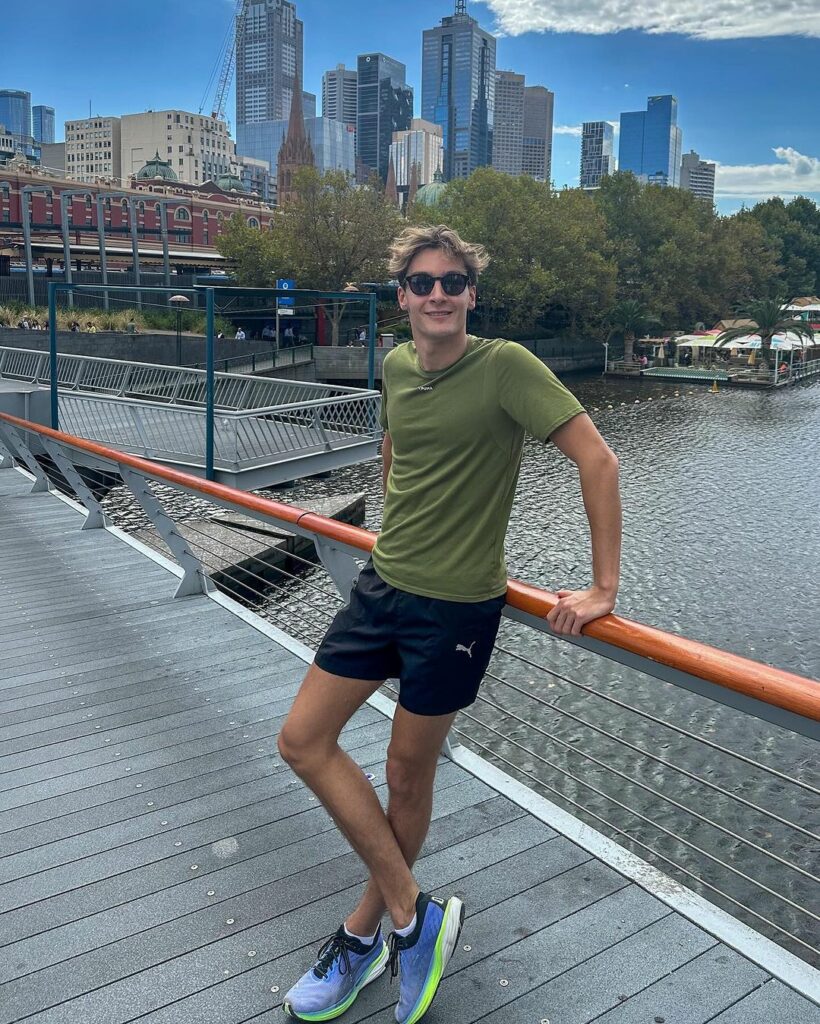
What are your first thoughts come 3:00am on a Sunday morning following a 4-hour marathon session on the dance floor? A kebab of course.
And turns out there’s good reason behind the decision. A new study conducted on mice suggests that “shared circuit in the brain could be one reason why heavy drinking and high-fat ‘junk food’ cravings go hand in hand.”
“Obesity and alcoholism, two of the most common chronic disorders in the United States, may be behaviourally linked as binge intake of palatable diets, such as diets high in fat, and binge alcohol intake may utilise the same neurocircuitry,” wrote researchers from the Pennsylvania State University College of Medicine.
RELATED: 5 Things That Happen When You Take A Break From Booze
Researchers investigated drinking and eating patterns of three different groups of early adult male mice.
The first group had continuous access to a high-fat diet. They also had limited access to drinking water mixed with alcohol ( four hours per day, four days a week).
The second group followed a normal rodent diet but had the same limited access to the alcohol beverage.
Meanwhile, the third group had limited access to both the high-fat diet (but a normal diet during the non-access periods) and the alcohol beverage.
The research team slowly increased the ratio of alcohol to drinking water from 10 to 20 per cent over an eight week period. Drinking water was readily available to the mice throughout the trial.
RELATED: Hangover-Free Alcohol Could Be On Our Shelves In Just A Few Years
Interestingly, results found that the group who binge-ate also drank more alcohol during the trial period.
The two other groups drank less alcohol than the binge diet group.
“Given the increasing rates of binge drinking and overall obesity rates in the U.S. in recent years, we think this new mouse model will be of critical importance in the near future,” adds Caitlin Coker, the first author of the study.
















